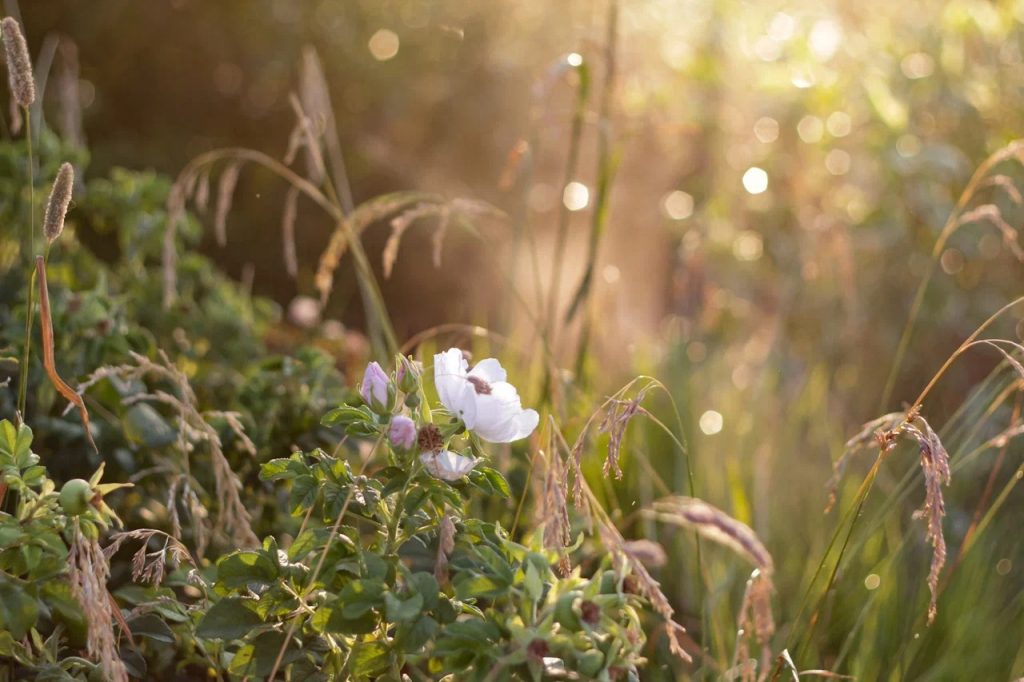Director of the Institute of Environmental Sciences speaks about Institute’s activities on World Environment Day

Today is an important date for nature protection. On June 5, two holidays are celebrated at once: World Environment Day and Ecologist’s Day.
On May 7 of this year the decree of the President of the Russian Federation ‘On the national development goals of the Russian Federation for the period up to 2030 and in the prospect up to 2036’ was published. For the first time environmental well-being was designated as one of the national goals.
“I believe that this decree is one of the greatest gifts for the Day of the Ecologist,” emphasizes Svetlana Selivanovskaya, Director of the Institute of Environmental Sciences. “Achieving the goal of environmental well-being implies quality air, waste recycling, biodiversity conservation, and much more.”
KFU environmentalists are actively involved in solving the global problem of mankind – climate change. In order to slow down the process of anthropogenic climate change, the so-called ‘carbon polygons’ have been created in Russia; one of them is located in Tatarstan, near the University’s Engelhardt Astronomical Observatory. The researchers use it in their work.
“The polygon is equipped with contemporary equipment that allows year-round automatic assessment of greenhouse gas fluxes. This summer we will equip a water site at the Kuibyshev Reservoir to understand the contribution of reservoirs to climate change,” continued Selivanovskaya.
At Kazan University environmental scientists are trained not only at the Institute of Environmental Sciences, but also at the Department of Environmental Management and Water Use of the Institute of Management, Economics and Finance.
“Our department is the only one in Russia that trains specialists in environmental rehabilitation and restoration of water bodies,” commented Nafisa Mingazova, Chair of the Department of Environmental Management and Water Use. “Our graduates can also work in environmental design and urban ecology. Now, for example, we are engaged in the rehabilitation of Lake Mangerokskoye in the Altai Republic, not far from its capital Gorno-Altaisk. We have to restore its natural value and water quality. We are working together with Moscow builders to develop a concept of rehabilitation of this large water body. There have already been several expeditions to Altai. We are currently researching and studying the lake.”

